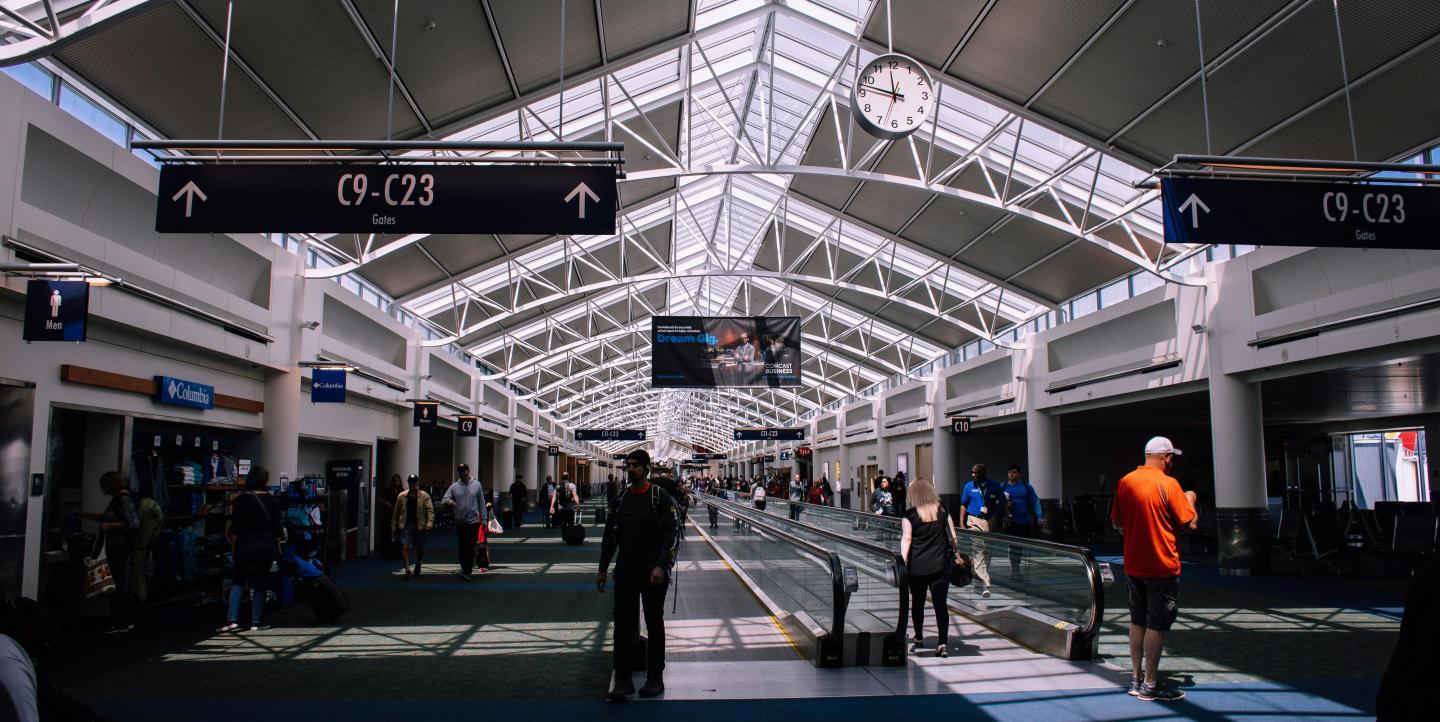The Committee to Protect Journalists (CPJ) has issued its first ever safety advisory for media workers entering the U.S. as scrutiny at the border appears to be on the rise.
“CPJ has seen a spike in concern among journalists whose work entails travel to the United States,” said Catalina Cortés, CPJ’s interim chief emergencies officer. “Our safety advisory helps journalists proactively manage these risks.”
In an era of rapidly changing travel policies, foreign journalists face a reality: what they report on can impact their visa status, CPJ cautions. “Reporting on politically sensitive topics, including government policies or national security issues, may draw scrutiny from authorities. Assess potential risks before publication or broadcast,” reads the safety advisory. “Criticism of government policies or people in government may attract unwanted attention. Be mindful of how your online presence could be interpreted by authorities or impact your visa status.”
In June, that notion was put to the test. Australian writer Alistair Kitchen was detained for 12 hours and denied entry after border officials at the Los Angeles International Airport searched his phone and interrogated him about his views on the Israel-Gaza war and his coverage of the Columbia University protests.
CPJ called Kitchen’s situation “a clear case of retaliation in connection with his reporting [...] such action sends a chilling message to journalists that they must support the administration’s narratives or face forms of retribution.” It added that “foreign media operating on U.S. soil are covered by First Amendment protections.”
For journalists en route to the U.S., preparation is the key. CPJ safety experts offered the following advice before departure:
- Complete a risk assessment
- Identify emergency contacts
- Develop a check-in procedure with colleagues, family or friends
- Keep contacts on paper in case devices are confiscated
- Prepare for additional screening upon arrival
The advisory notes, “U.S. Customs and Border Protection agency (CBP) has the authority to search electronic devices without a warrant or probable cause.” Journalists may be asked to provide passwords or access to their phones, laptops, or social media accounts. Refusal could lead to detention or denial of entry.
Here are some of CPJ’s resources and tips for border crossings:
Digital safety checklist
Backup, delete, or remove any information you don’t want to be seen. To access data while traveling, consider backing it up to a cloud account not linked to the devices you are carrying. Be careful about hiding data on devices as border guards could view this as illegal. Memorize cloud passwords; don’t write them down.
Protect contact lists by removing anything that could put sources at risk. “Turn on full-disk encryption for all devices. iPhone users should be sure they have enabled Apple’s end-to-end encryption known as Advanced Data Protection,” CPJ advises.
Important to note, encryption is not effective if border agents force you to unlock your devices. Make social media accounts private before traveling.
Risk assessment plan
Journalists, especially those covering government or national security beats, should be prepared for prolonged questioning at the border. Those traveling from or to countries affected by the U.S. travel ban or holding dual nationality are likely to face greater obstacles. Those with dual citizenship should choose carefully which passport to use for entry.
Interrogation can be highly detailed with questions about immigration status, country of origin or destination, and prior travel history. Expect to be asked about political affiliation, work history, and coverage of sensitive topics.
The advisory suggests that journalists educate themselves on border security protocols and know their rights when encountering law enforcement at border crossings. The more journalists know, the better they can defend themselves when being detained.
Check CPJ’s legal resources for journalists.
In case of detention
Remain calm and identify yourself as a member of the press, CPJ advises. Avoid lying to border agents, which can be a criminal offense.
While U.S. citizens generally cannot be denied entry, they still are vulnerable to extended questioning or seizure of devices. Rehearse what you might say if a border guard demands you unlock your phone or laptop. Plan as best you can before you go and have strategies in place.
Visiting journalists are vulnerable to sudden visa policy changes. CPJ suggests monitoring State Department announcements and updates on visa restrictions or revocations. To help reduce delays or denials, check which U.S. entry points have higher — or lower — rates of detentions and refusals.
In a section of the advisory on what to do if stopped at the border, the ACLU recommends to “have the telephone number of an attorney or legal services organization with you and ask to contact them if you feel your rights are being violated or if you are detained for an unusually long period.” If you are under arrest, “Ask to speak to a lawyer before answering further questions. If you wish to exercise your right to remain silent, you should say so out loud.”
The bottom line is that remaining vigilant and staying informed about the risks can help journalists operate in the U.S. safely and with more productive results. If serious problems should arise, contact CPJ’s emergencies team at emergencies@cpj.org.
Photo by Brett Sayles via Pexels.


